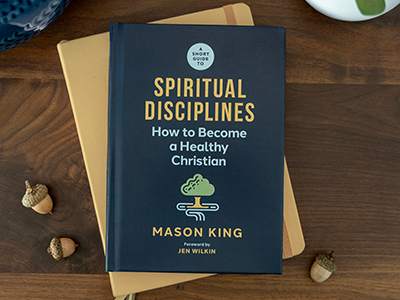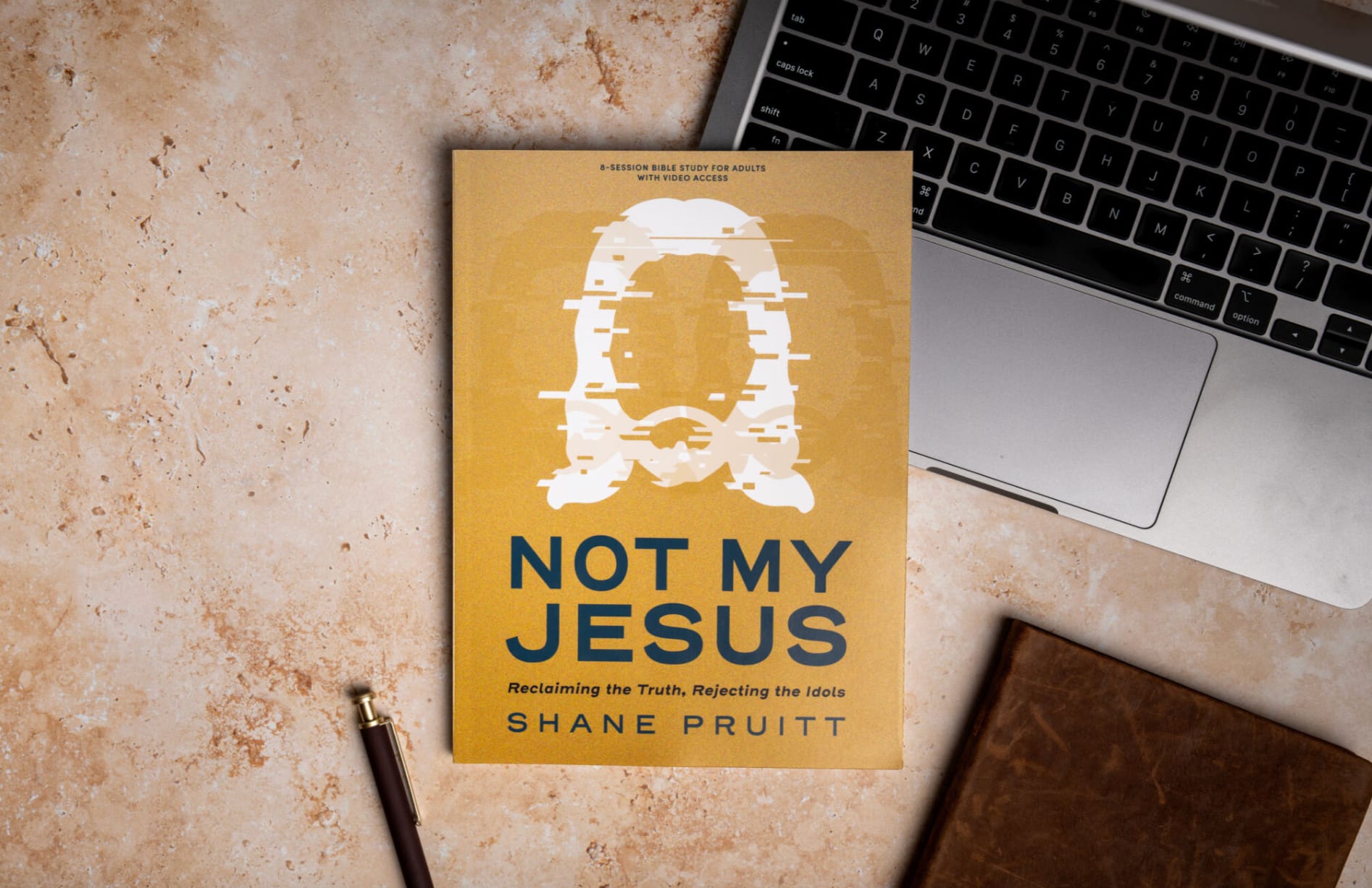
Helpful articles to enrich your Christian walk.
Sermons
- Lifeway Pastors
- Lifeway Pastors
Recent
Jesus knows everything about you—even the number of hairs on your head. Discover how He is both all-powerful and deeply personal, ready to meet you in every high and low of life.
July 3, 2025
Discover how to strengthen your home and relationships through biblical wisdom, Holy Spirit guidance, and intentional reflection. Learn to build a life—and a household—on the solid foundation of God's Word.
July 2, 2025
Explore what Proverbs says about bragging and flattery—and why speaking life with wisdom and sincerity is the better way. Learn how to align your words with the heart of Jesus.
June 30, 2025
Discover six practical strategies to move people from worship services into small groups. Learn how to foster deeper community and spiritual growth in your church.
June 30, 2025
Testimonials from the Deep Discipleship program which teaches a biblical worldview, fostering life-changing growth through Scripture and theological exploration with others.
June 30, 2025
Explore how God's quiet providence unfolds in the midst of famine, loss, and grief in this powerful look at Ruth 1:1–5—an excerpt from the God of the Ordinary Bible study.
June 30, 2025
Deep Discipleship is a comprehensive video-based curriculum from J.T. English, Jen Wilkin and Kyle Worley provides churches a 24-week discipleship course to meet the deep desire to equip and disciple their people into a greater love and knowledge of God. This article will help you ger started.
June 16, 2025
Discover the meaning of imago Dei—being made in the image of God—and explore how it shapes your identity, purpose, and transformation in Christ.
June 13, 2025
Trending
March 17, 2025
- Chasity Phillips
March 25, 2025
April 8, 2025
March 2, 2018
- Joe Beckler
August 21, 2024
- Lifeway Staff
June 30, 2024
- Brooks Faulkner
September 15, 2024















